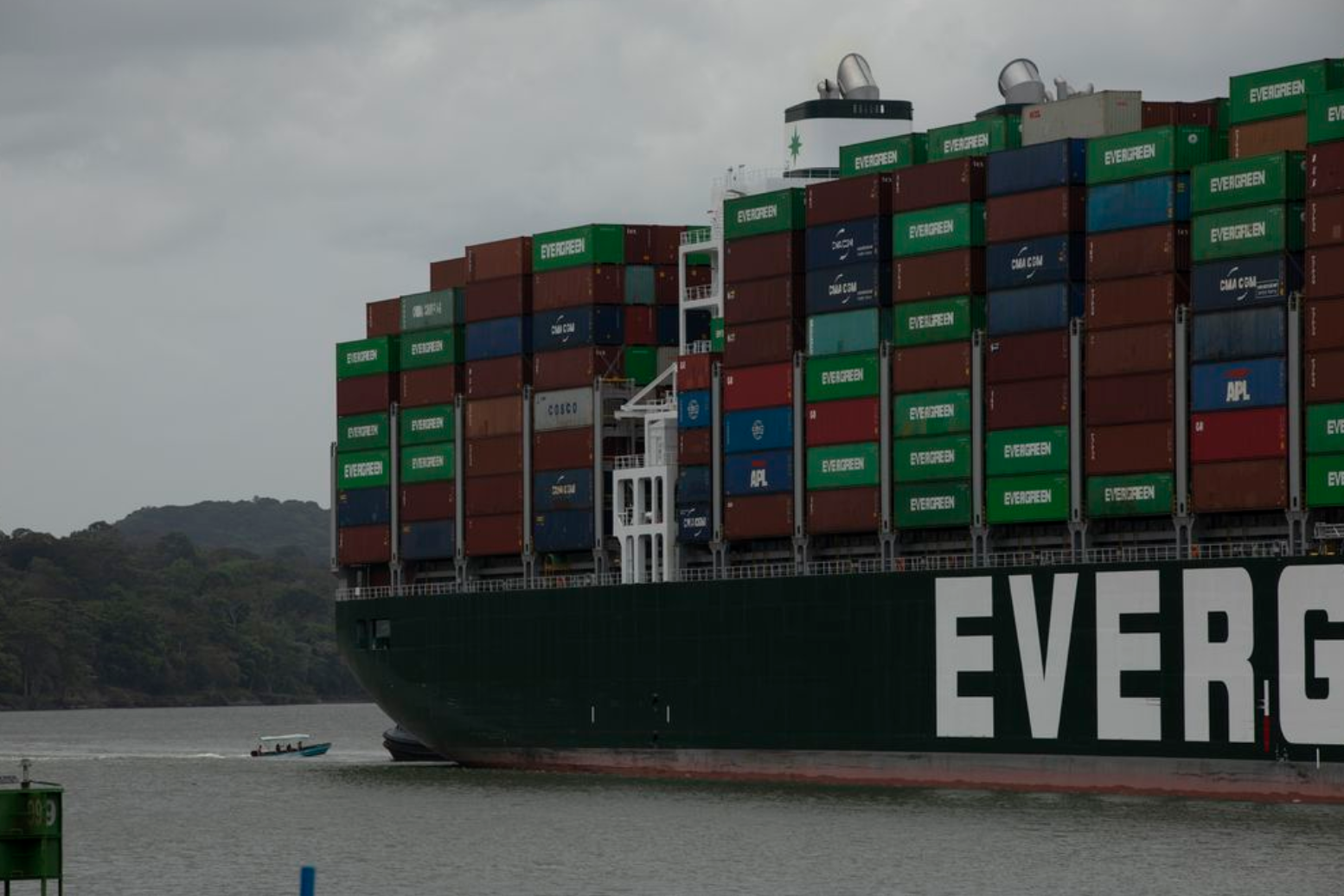After the economic expansion and relative recovery recorded in 2021, the Economic Commission for Latin America and the Caribbean (ECLAC) indicated this year that economic growth would drop from 6.3% in 2021 to approximately 2.1% in 2022, a slowdown in activity to return to the low growth that characterized the region in the last years. However, given the repercussions of the Russia-Ukraine war, estimates of uncertainty and a return to slow growth have deepened.
In 2021, the region showed rapid recovery processes with different capacities, both in vaccination processes and in the implementation of policies to mitigate the economic and social effects caused by the health crisis. However, the war in Ukraine intensified the inflationary pressures and the slowdown in economic activity that were already underway. In 2022, the rebound effect disappears with damage to global economic activity.
In this sense, although the war deepens the global crisis and its effects on the Latin American and Caribbean region (LAC), the economic deterioration is uneven among countries. In other words, it is sharp in some sub-regions, countries, and industries, and practically absent in others. As in previous crises such as the international financial crisis of 2008-2009, the pandemic crisis, or since 2017 the tensions between the United States and Europe, on the one hand, and China, on the other, the effects are being different among Latin American countries.
According to ECLAC, the economies of LAC face a complex scenario in 2022 not only because of the slowdown in economic growth and international trade but also because of rising inflation, shrinking labor markets, and increasing inequality. In addition, there will be disruptions in energy production and price increases, a food crisis, a drop in external demand, and financial volatility.
The ECLAC report Repercussions in Latin America and the Caribbean of the war in Ukraine: how should the region face this new crisis? shows that growth estimates for 2022 point to important differences. While LAC will grow 1.8% and Latin America 1.7%; South America will grow only 1.5% and the Central American economies will register a growth of 2.3%. As for growth in the Caribbean, if Guyana is excluded, growth would be 4.7%, but if it is included, it would increase to 10%.
In international trade, on the one hand, the economies with the greatest negative impact will be those of the Caribbean and Central America, given their status as net energy importers, which will be reflected in the pressures on the trade balance.
Despite the limited weight of Mexico’s trade with Russia and Ukraine, the impact of the war is exacerbating upward trends in inflation and interest rates to the detriment of economic activity. This has an impact on the escalation of prices of goods and services and even jeopardizes the value of the national currency. With regard to Brazil, the volatility of fertilizer prices and the reduction of its suppliers have been disastrous for this economy, given its status as an importer of mineral fertilizers. Brazil accounts for 56% of fertilizer imports into the region from Russia, Ukraine, and Belarus, which translates into strong pressures on the Brazilian agricultural sector.
Therefore, growth forecasts for the region’s two main economies are also differentiated. ECLAC estimates that Mexico will grow 2.3% while Brazil will reach only 0.4% in 2022. Both countries will see a sharp decline in the fight against poverty.
On the other hand, the effects will be positive for energy-exporting nations such as Venezuela, Trinidad and Tobago, Colombia, and Bolivia, due to the increase in oil, gas, and coal prices. However, as these countries are importers of derivatives, the effects may also be negative.
In this context, the war between Russia and Ukraine could trigger a global food crisis, mainly due to the loss of Ukraine’s agricultural production capacity and the paralysis of grain and fertilizer trade with Russia. To address these situations of uncertain complexity, regional coordination is essential and, as FAO suggested at the time, LAC must first reactivate the Community of Latin American and Caribbean States (CELAC) 2025 Plan for Food Security, Nutrition and the Eradication of Hunger and adapt it to the current context. The region must also implement the health self-sufficiency plan for Latin America and the Caribbean, prepared by ECLAC at the request of the Pro Tempore Presidency of Mexico.
*Translated from Spanish by Janaína Ruviaro da Silva













